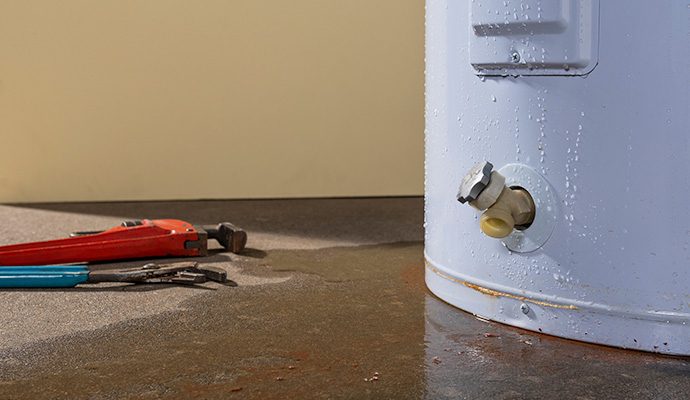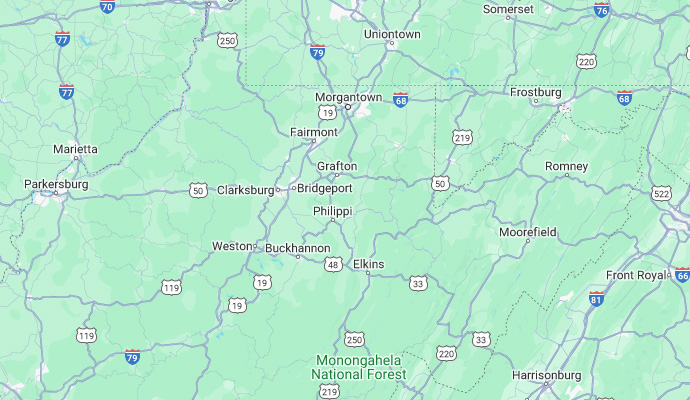Water Damage Cleanup From Water Heater Leaks
Have you ever wondered how water heaters work? Traditional water heaters are sized according to how many gallons of hot water they can hold at a time. Most residential water heater tanks range from 20-100 gallons, meaning they hold a lot of water. The design of the water heaters allows it to constantly refill itself so as hot water goes out, more water comes in. While this is a great design to ensure your shower doesn’t turn cold half way through, it can cause extensive water damageif your water heater tank leaks or malfunctions. If a leak does happen, water will just continue to flow from your water heater because of its ability to constantly refill itself.
Water Damage Cleanup In Prairieville
Unfortunately, water heater malfunctions are more common than you would think. From our water damage cleanup experts, here are some of the most common reasons your water heater might end up flooding your home.

- Loose Drain Valves: The drain valves on your water heater help to keep water in. Over time, these valves can become loose resulting in a slow but continual leak of water. If you notice water around your water heater, check the valves first. If they are the source, it is a quick and easy fix – simply tighten the valve with a wrench. Just keep in mind that over-tightening the valve can actually cause more damage because it can rupture the connection, so only tighten until you feel the resistance and then stop. If you still notice water leaking, our water damage cleanup experts recommend you call in help from a water heater service provider.
- High Water Pressure: When the water pressure inside the water heater tank becomes too high, water will be forced from the tank in an attempt to reduce the pressure. Increased pressure inside the tank most commonly occurs when the water temperature is set too high. You can adjust the setting on your water heater to ensure that the temperature is comfortable, yet not overly demanding on your tank. Another factor that often leads to increased water pressure inside your water tank is the overall water pressure in your home. The water supply into your home should not exceed 80 psi. You should aim for anywhere between 60 and 70 psi, and if necessary, install a pressure valve that can help regulate and prevent high water pressure.
- Age of Water Heater Tank: It is no surprise that older water heater tanks are at a much higher risk of leaks than new ones. On average, the life expectancy of a water heater is around 8-12 years. Now, this can vary from manufacturer to manufacturer, and is also largely dependent on maintenance, upkeep, and proper care, but it is still a good ballpark in determining whether or not it is time to replace your water heater. The problem with older tanks is the build up inside. There are features built into your water heater to help reduce the amount of erosion that occurs, but even with routine scheduled maintenance (which unfortunately most do not keep up with) the build-up of minerals will begin to take its toll on the inside of your tank. Corrosion can lead to leaks and cracks in the tank, which means flooding of water into your home. If your water heater is in that 8012 year age range, consider scheduling an inspection and maintenance service on it to see if it is still in good condition. Even if your water heater is brand new, it is important to keep up on routine maintenance recommended by the manufacturer to increase the lifespan.
Water damage cleanup from a water heater is no small task. While it is one that you want to avoid at all costs, if you do find yourself faced with a leaking water heater, Crossroads Property Rescue can help cleanup the damage.

